There’s an old saying: A watched pot never boils. However, if you’ve spent any time in the kitchen, you know this phrase isn’t entirely true! Learn how to stop water from boiling over with a few simple tips and tricks.
Simplify your life and stop the mess before it starts! Boiled water messes are a pain, but you don’t need to deal with them ever again.
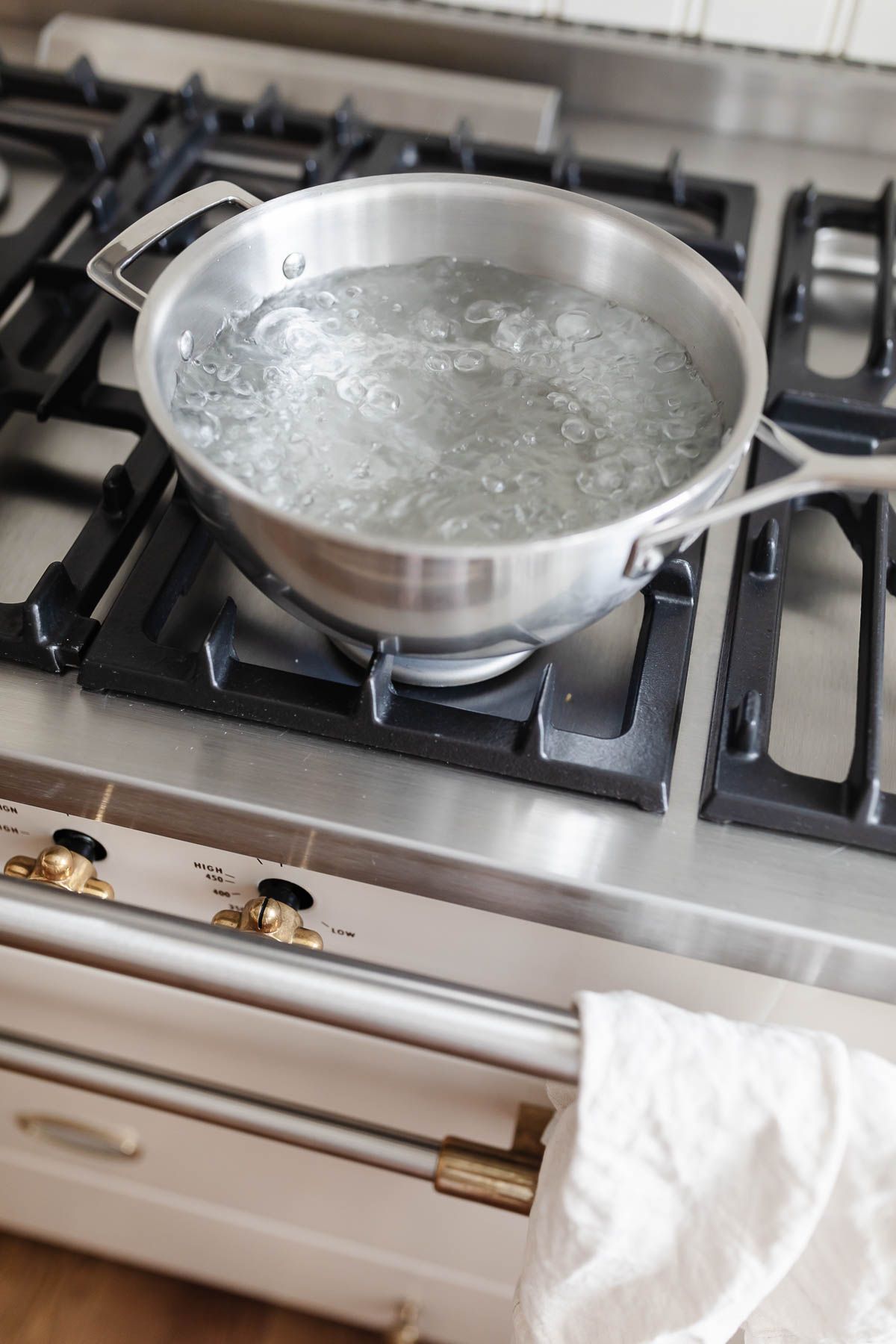
In our ongoing efforts to bring you simple, brief guides to kitchen conundrums, today we’re going to chat about boiling water!
Yes, boiling water is the simplest kitchen technique. And yes, boiling water messes still happen to all of us, even the most experienced cooks you know.
In fact, there are a couple things you can do to prevent your pot from boiling over! What home cook needs the extra blackened mess to deal with on their stove top? Not me!
When you’re cooking pasta, rice, potatoes for these incredible mashed potatoes, or any other starchy favorite, take a little of this advice and help stop the boiled water mess before it starts!
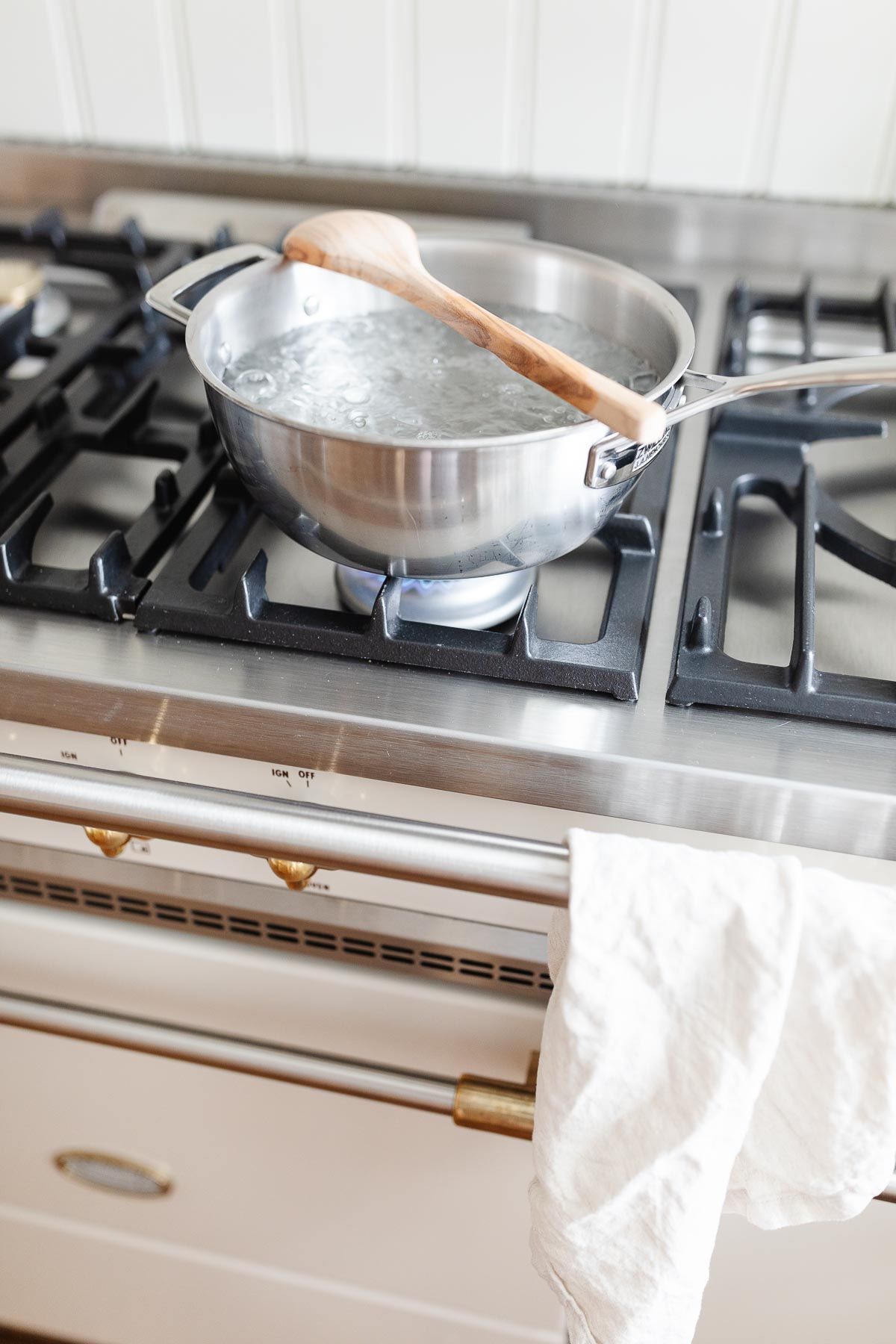
How to Stop Water from Boiling Over
Why does this happen? Often, when boiling starchy items like pasta and potatoes, the pot is filled too high. Not stirring frequently and/or placing the lid on the pot can also cause water to boil over and make a mess of your stove top.
Try one of the following ideas to prevent this from happening next time!
- A Wooden Spoon – Take a wooden spoon (long enough that it can lay across your pot) and place it across the top of the pot when your water begins to boil.
- Use a Spill Stopper – This is a product meant to solve this very problem! The silicone lid catches extra water as the bubbles rise.
- Add Ice – Throw an ice cube into your pot! This method very quickly stops the water from bubbling as high and boiling over by immediately lowering the temperature of the water in your pot.
- Adjust the Temperature – For the most part, your water only needs to be at a rolling boil if you’re cooking pasta. for many other items, you can reduce your temperature after the water reaches a full boil.
- Try a Larger Pot – If you’re cramming too many potatoes or too much pasta or rice into a stock pot, you might need a bigger one.
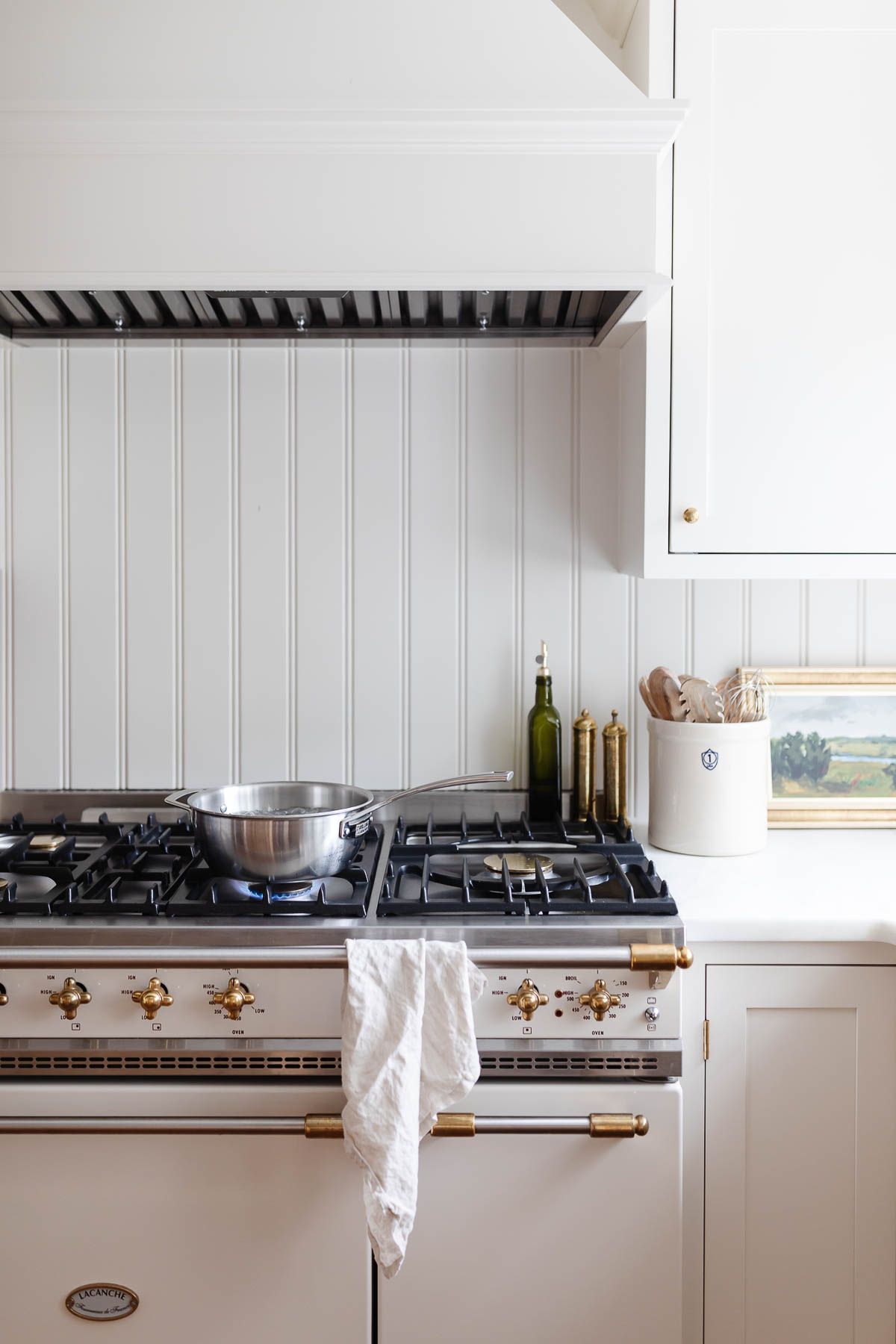

Tips
- Don’t add the wooden spoon until the water is close to boiling or already boiling. Otherwise, it becomes too warm to create the desired affect against the bubbles.
- Don’t Use a Lid – A lid prevents the steam from escaping as the water boils, which can actually make your problem worse.
- Very important: Stir your pasta right when you add it to the boiling water. This is when the starch on the outside of the pasta is dissolving, and if you don’t stir, you’ll end up with clumps.
- Don’t add oil to your pasta. It doesn’t prevent sticking and clumping.
- Add salt right as the water comes to a rolling boil so that it can agitate the salt and dissolve it. Salt not only adds flavor to your pasta and potatoes, it can prevent the bubbles from boiling quite as high if you add it at that point!
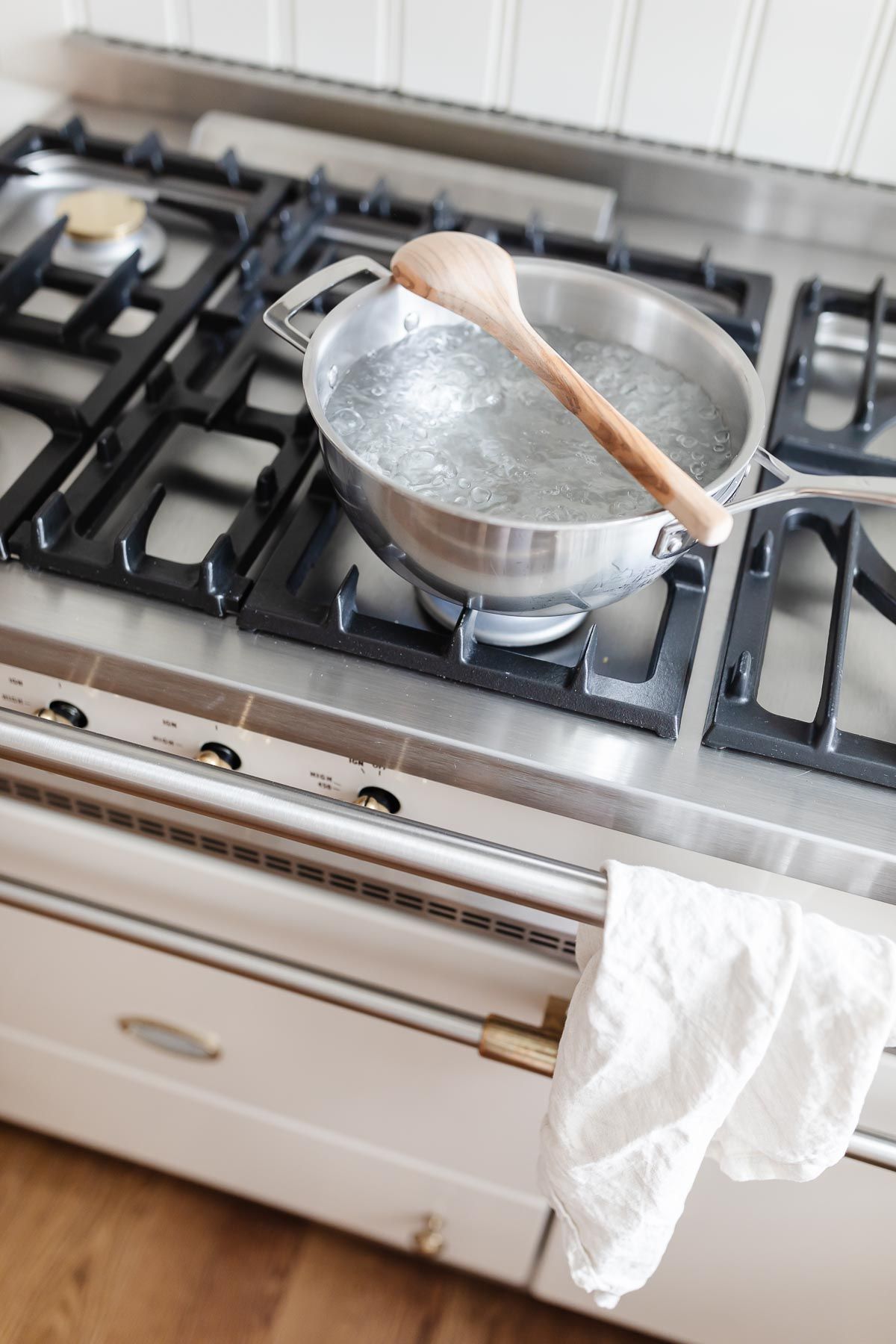
Frequently Asked Questions
No. Salt only helps to slightly diminish the amount of water in your pot, which perhaps only stalls the water from boiling over quite as quickly.
No, don’t add oil to your pasta water – it doesn’t prevent the water from boiling over and it doesn’t stop the pasta from sticking. This only results in slippery pasta, preventing your sauce from sticking as well as it should.
Boiling point for water is 212°F. How long that will take depends on many factors, including the temperature your water starts at, the amount of water, and the temperature of your burner. A pot of water for pasta generally takes around 5-10 minutes to hit the boiling point.
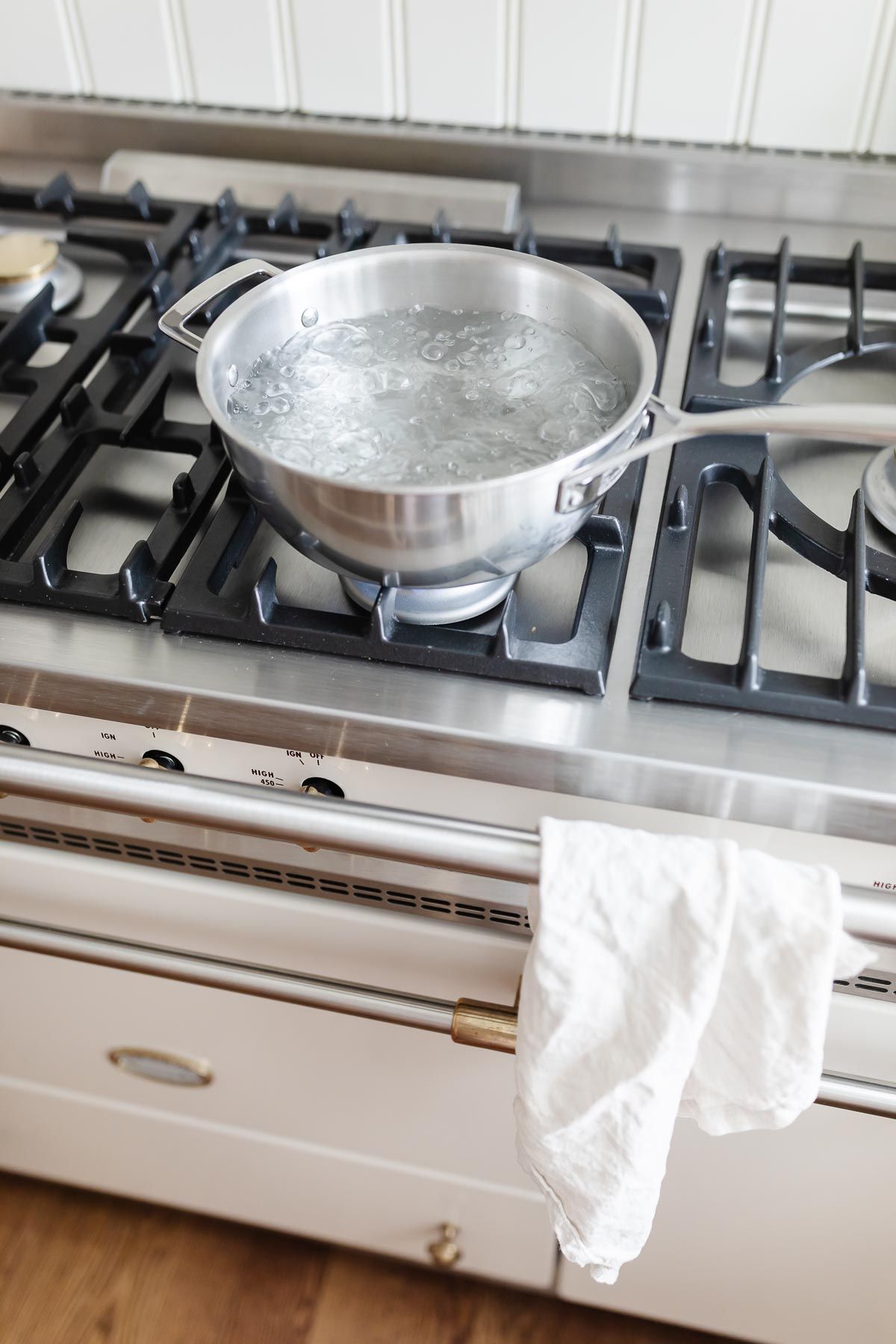
I’d love to hear from you! Are you going to try any of these fast and easy kitchen tricks?
Hungry for more easy recipes? Sign up for my free recipe club and have amazing recipes delivered directly to your inbox each week!
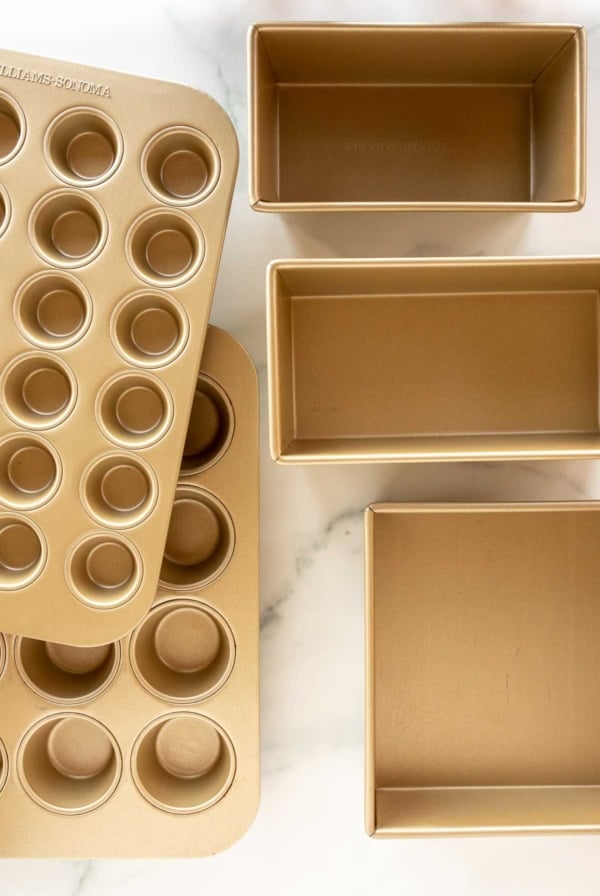
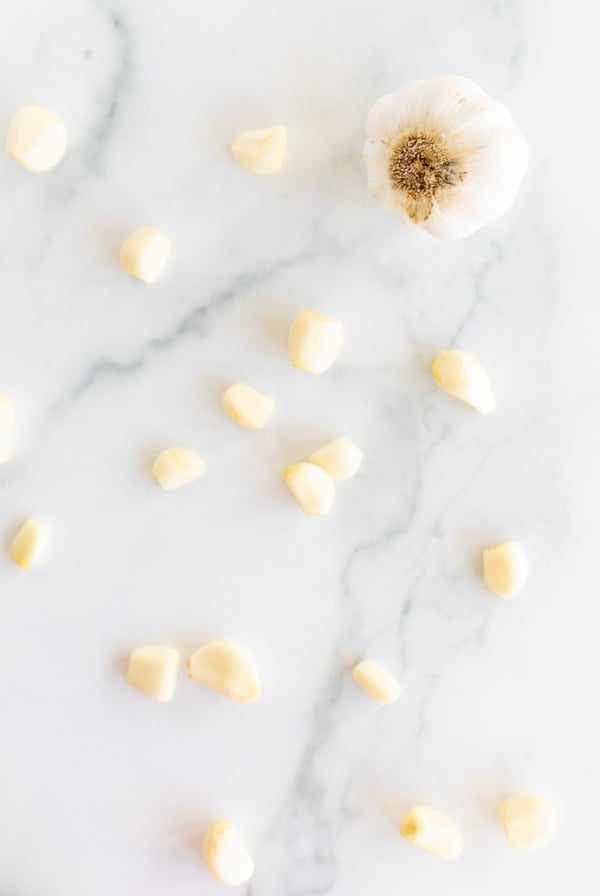
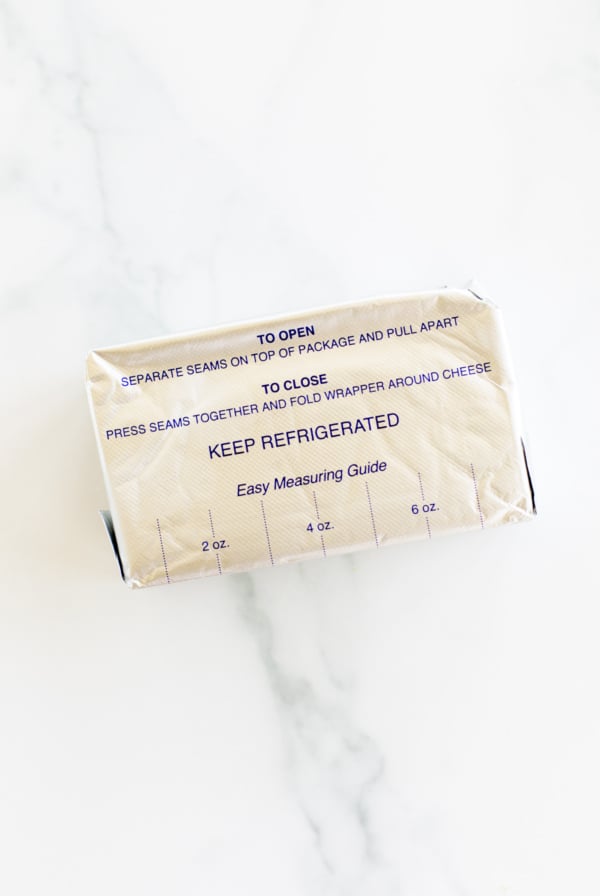

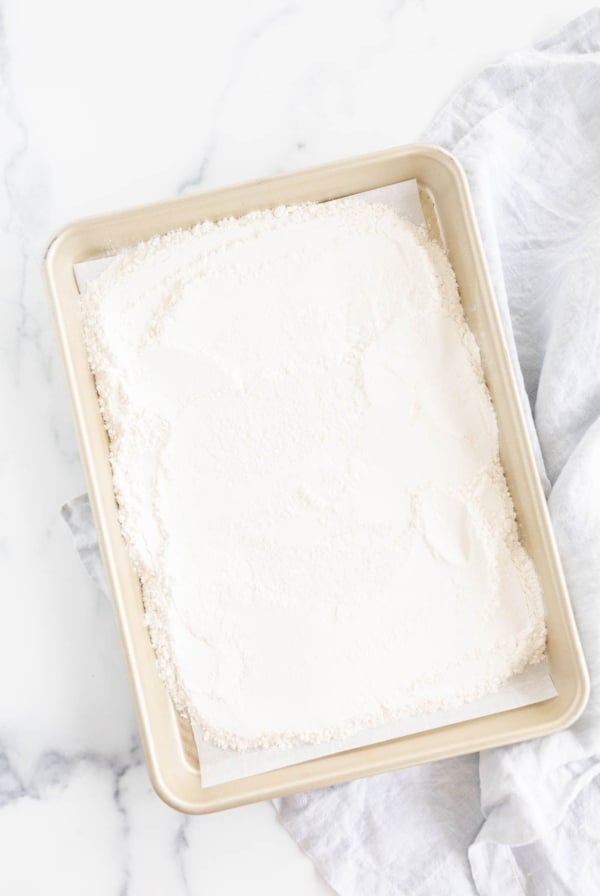
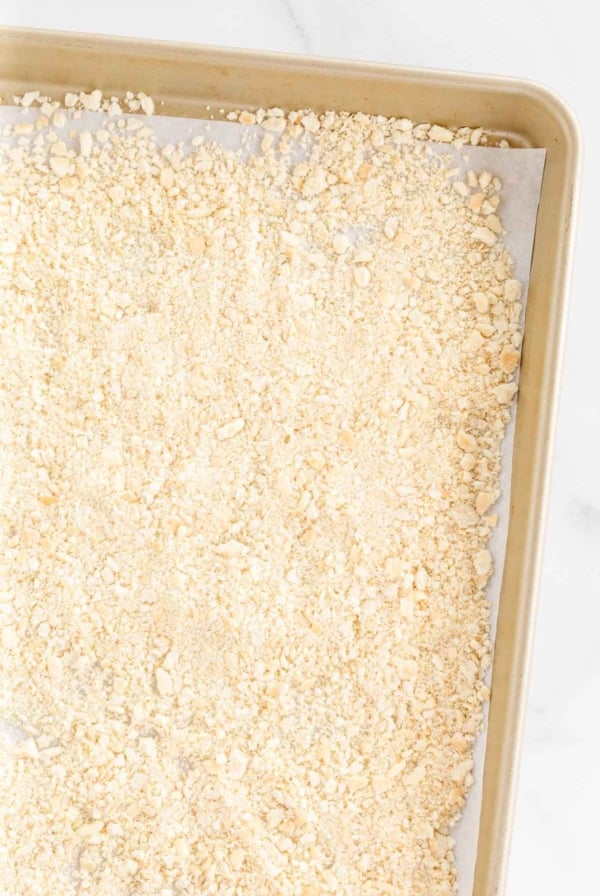
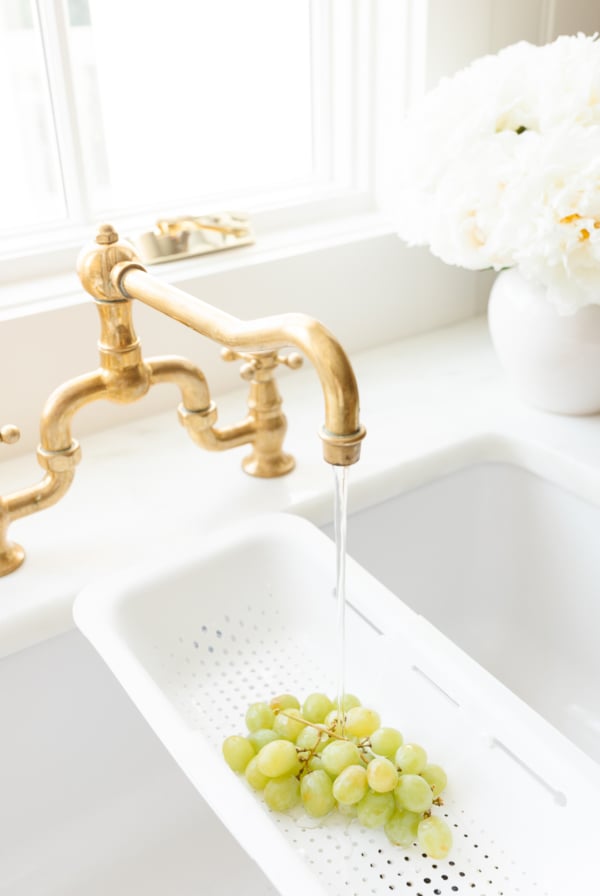
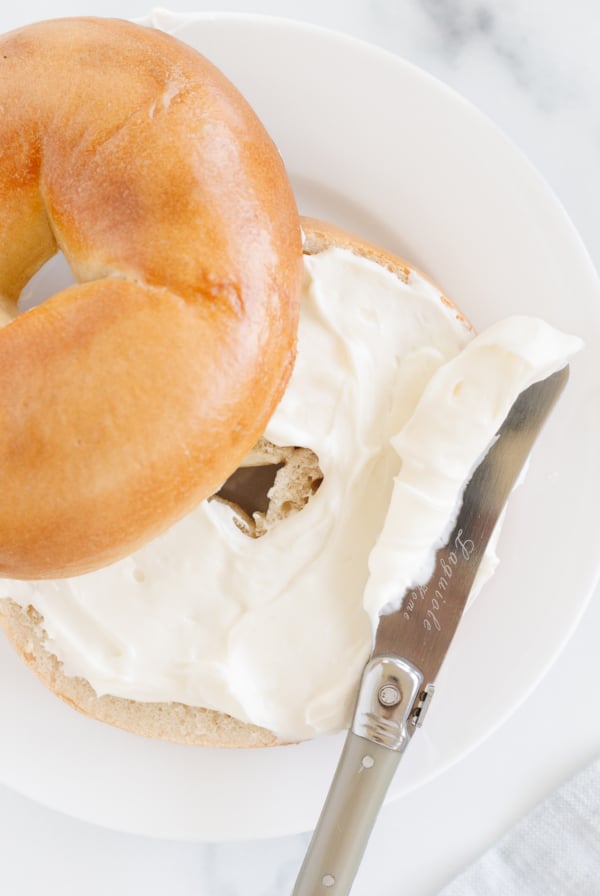
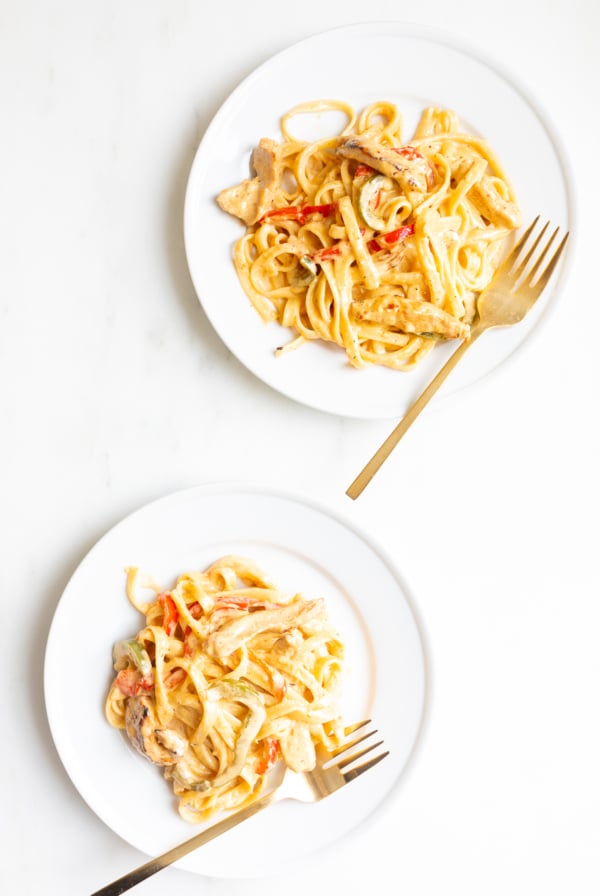






The pasta pot I just bought used for the first time it boiled over even on Simmer have any answers?
It wasn’t a cheap pot!!!!